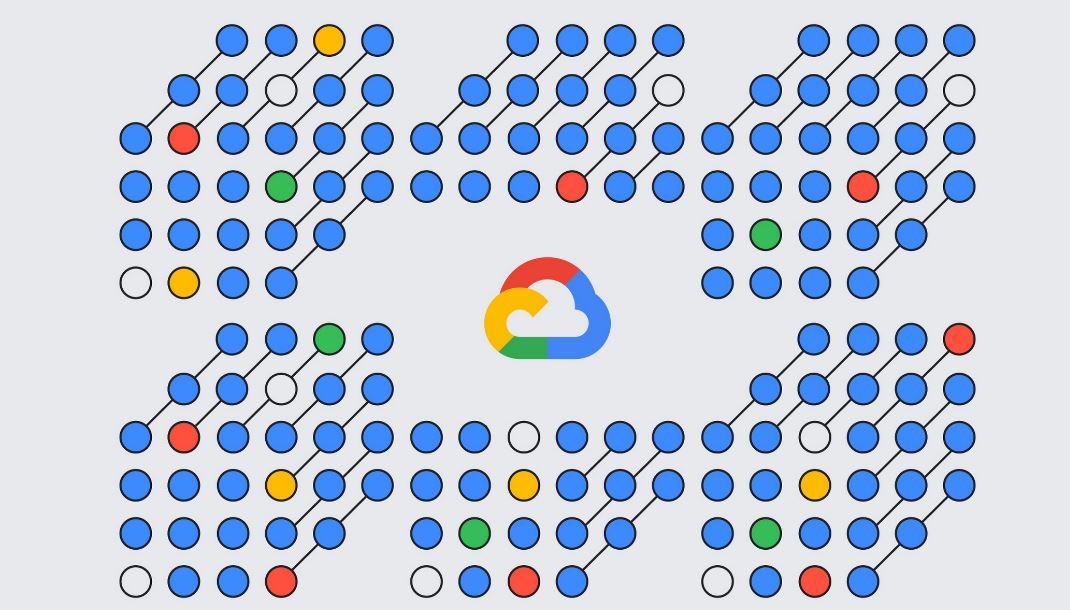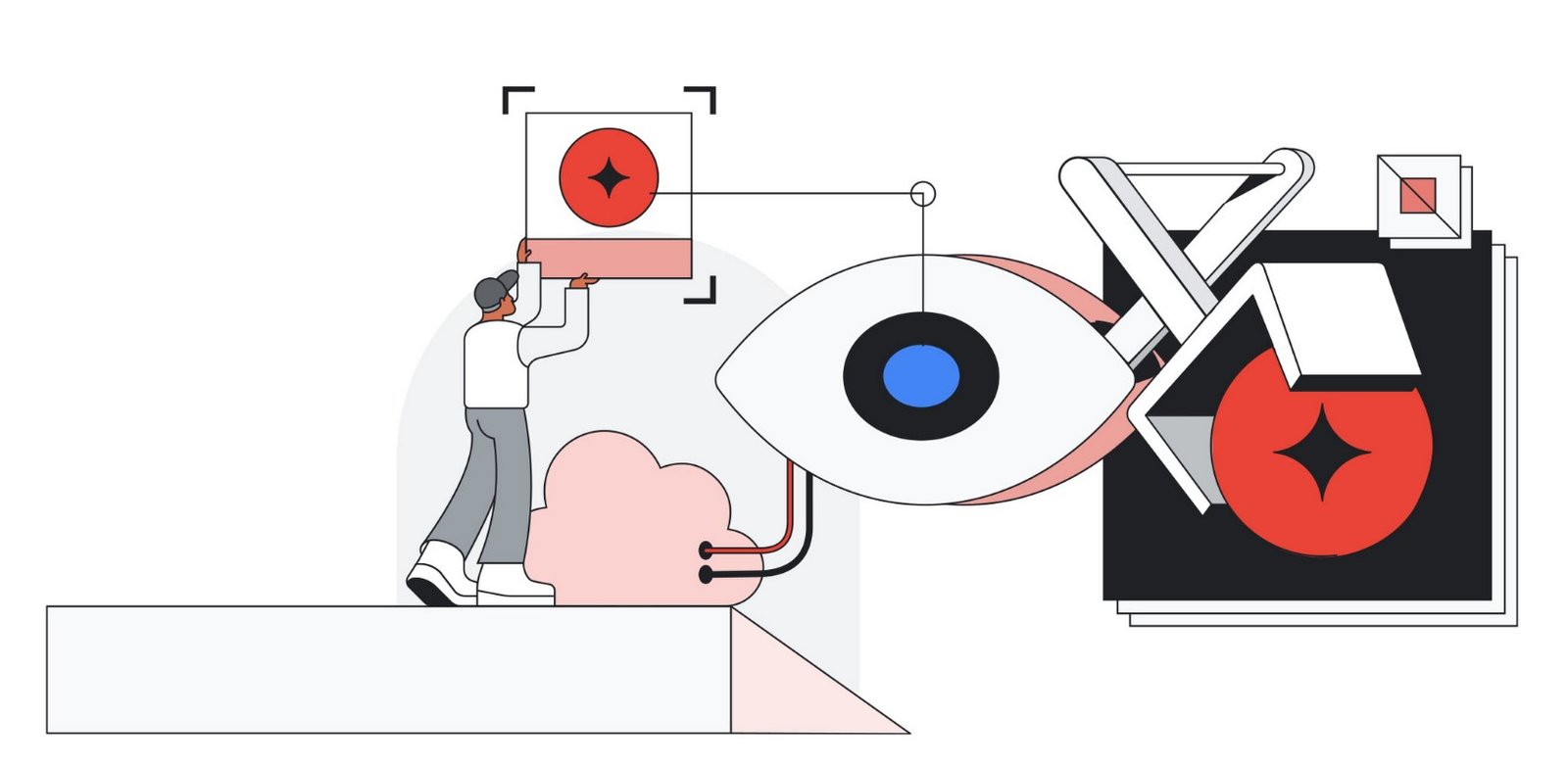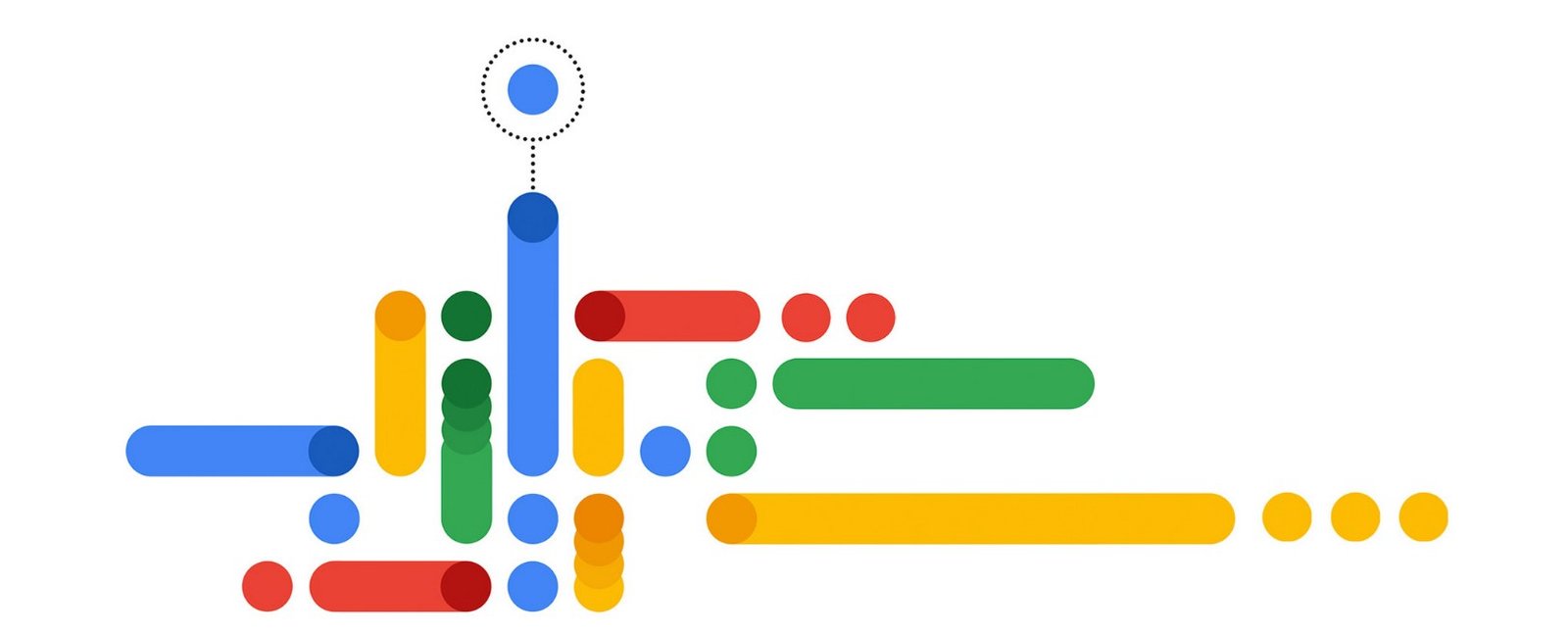11. Google Cloud Armor Managed Protection Plus
Google Cloud Armor Managed Protection Plus is an advanced security offering that provides additional features and benefits on top of the standard Cloud Armor features. With Managed Protection Plus, you get access to advanced threat intelligence, premium support, and financial protection against DDoS attacks.
12. Advanced Threat Intelligence
Managed Protection Plus includes access to Google’s advanced threat intelligence, which helps identify and block known malicious IP addresses, botnets, and other threats. This intelligence is derived from Google’s global infrastructure and security research, providing you with up-to-date information to better protect your applications.
13. Premium Support
As a Managed Protection Plus customer, you’ll receive premium support from Google’s security experts. This includes access to 24/7 technical support, faster response times, and personalized assistance with your security policies and configurations.
14. Financial Protection
Managed Protection Plus offers financial protection against DDoS attacks, providing service credits to cover the cost of increased traffic and resources used during an attack. This helps mitigate the financial impact of a DDoS attack on your organization.
15. Google Cloud Armor Tuning and Optimization
To ensure optimal performance and security, it’s essential to regularly tune and optimize your Google Cloud Armor policies and configurations. Some key aspects to consider include:
- Rule prioritization: Prioritize your security rules based on the potential impact and likelihood of threats, ensuring that critical rules are evaluated first.
- Rule efficiency: Optimize your rules to minimize performance overhead and reduce false positives or negatives.
- Regular policy reviews: Periodically review your security policies to ensure they’re up-to-date and accurately reflect your application’s requirements.
16. Google Cloud Armor Security Partners
Google Cloud Armor can be integrated with various security partners, such as managed security service providers (MSSPs) and security information and event management (SIEM) systems. By integrating Cloud Armor with these partners, you can leverage additional security features and services to further enhance the protection of your applications.
17. Google Cloud Armor and Hybrid Cloud Environments
Google Cloud Armor can also be used to secure applications running in hybrid cloud environments, providing consistent security policies and protection across both Google Cloud and on-premises infrastructure. By leveraging Google Cloud’s Anthos platform, you can extend Cloud Armor’s capabilities to your on-premises workloads, ensuring consistent security and performance across your entire application stack.
18. Google Cloud Armor for Multi-Cloud Environments
For organizations that operate in multi-cloud environments, Google Cloud Armor can help provide a unified security solution. By integrating with third-party security tools and services, you can apply consistent security policies and protections across applications running on Google Cloud, as well as other cloud platforms.
19. Google Cloud Armor and Serverless Applications
Google Cloud Armor can be used to protect serverless applications, such as those running on Google Cloud Functions or Google Cloud Run. By integrating Cloud Armor with your serverless infrastructure, you can apply the same security policies and protections to serverless workloads as you do for traditional applications. This ensures a consistent security posture across your entire application portfolio.
20. Google Cloud Armor and API Protection
In addition to protecting web applications, Google Cloud Armor can also be used to secure your APIs from malicious traffic and attacks. By creating custom security policies and rules that target specific API endpoints, request methods, and content types, you can effectively block unauthorized access, rate limit requests, and protect sensitive API operations.




